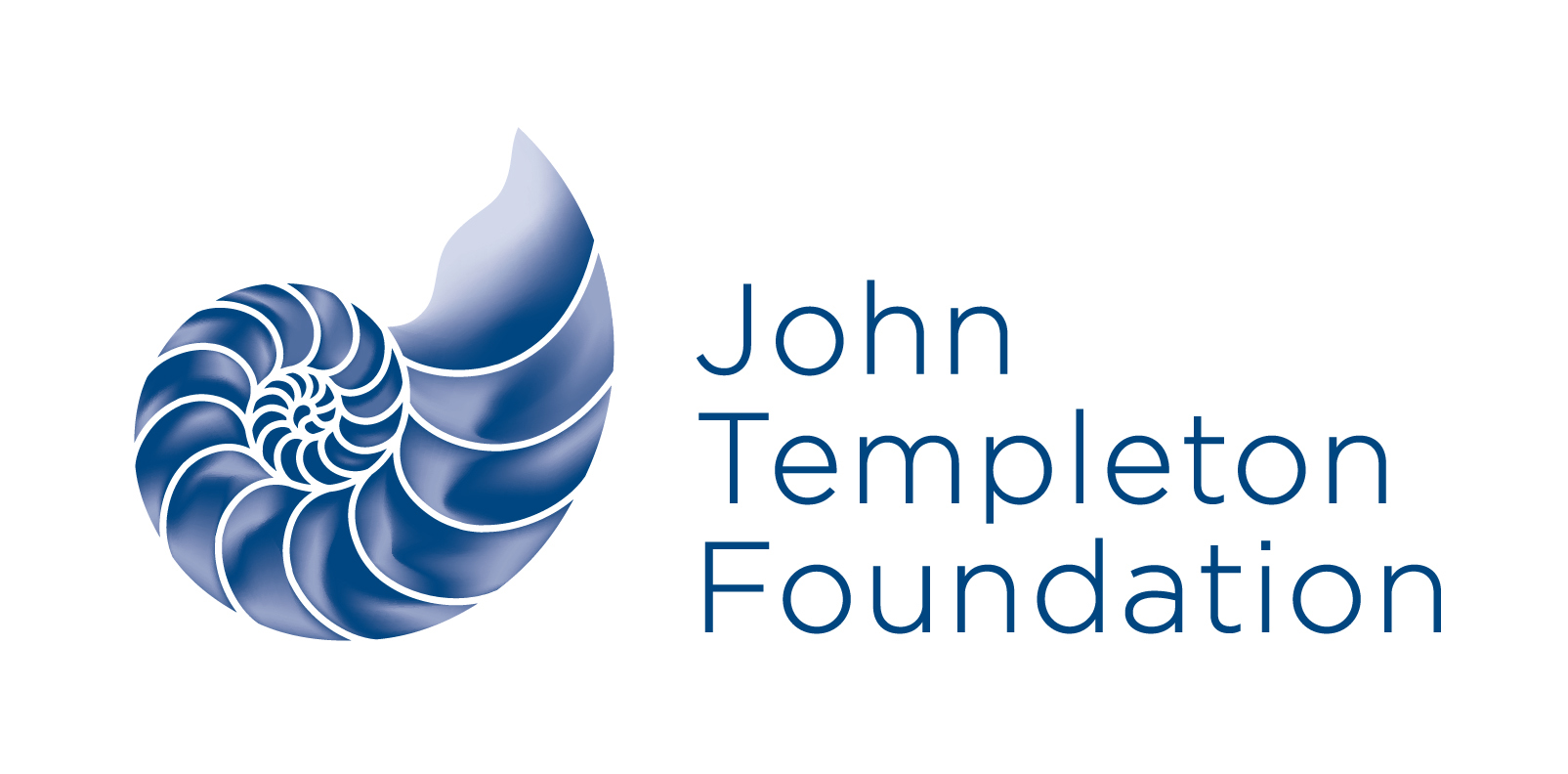What makes our measures distinct?
We have completed the most integrative and innovative development of character assessment to date.
How do formats affect the assessment of virtues and character?
Such biases are particularly pronounced when using the standard self-report format – the CIVIC rating scale:
CIVIC rating scale
I am strongly committed to principles of justice and equality
Strongly disagree
Disagree
Agree
Strongly agree
This is the format used by most virtue inventories. However, alternate formats do exist that are more resistant to self-presentation biases. One such format is the CIVIC multidimensional forced choice—or the CIVIC-MFC—format. By presenting blocks of items composed of statements that are similarly positive and asking respondents to rank the statements in each block from most to least descriptive of oneself, self-presentation biases are minimized because the person cannot agree or disagree with all of the statements in a block simultaneously. Modern psychometric procedures can be used to derive scores on each virtue that are minimally tainted by self-presentation biases compared to measures using the standard, CIVIC format.
CIVIC Multidimensional Forced-Choice format
A. I am strongly committed to principles of justice and equality
B. I forgive others when they make mistakes
C. I express thanks to people who care about me
D. I look on the bright side of life
This innovative approach has been used effectively to measure self-reported characteristics in high stakes settings such as employee selection and military recruiting where the use of measures that lack scientific validity has major legal ramifications.
We incorporate this innovative approach to measure virtues and, as a result, generate results that are more reliable that other measures that employ traditional formats.

